Transport Ireland 2025, in partnership with Transport Infrastructure Ireland and sponsored by AECOM, took place on Friday 6th June at the Radisson Blu Royal Hotel, Dublin. The conference brought together 200 key stakeholders for a day of discussion and networking. Transport Ireland 2025 hosted a variety of expert domestic and international speakers who comprehensively explored the latest ambitions, challenges, and tangible opportunities for decision-makers and practitioners across the transport sector to accelerate the delivery of sustainable transport infrastructure.
Delegates heard from speakers, both visiting and local including Jack Chambers TD, Minister for Public Expenditure, Infrastructure, Reform and Digitalisation; Seán Sweeney, Transport Infrastructure Ireland; Diane Cowin, AECOM; Dearbhla Lawson, Land Development Agency; Mark Conroy, Iarnród Éireann and Andrea Lennon, Department of Transport.
We would like to take this opportunity to thank our delegates, speakers, sponsors and exhibitors who made the conference a huge success.
To keep up to date with next year’s event please email info@eolasmagazine.ie




Newsletter
Subscribe for conference updates.


